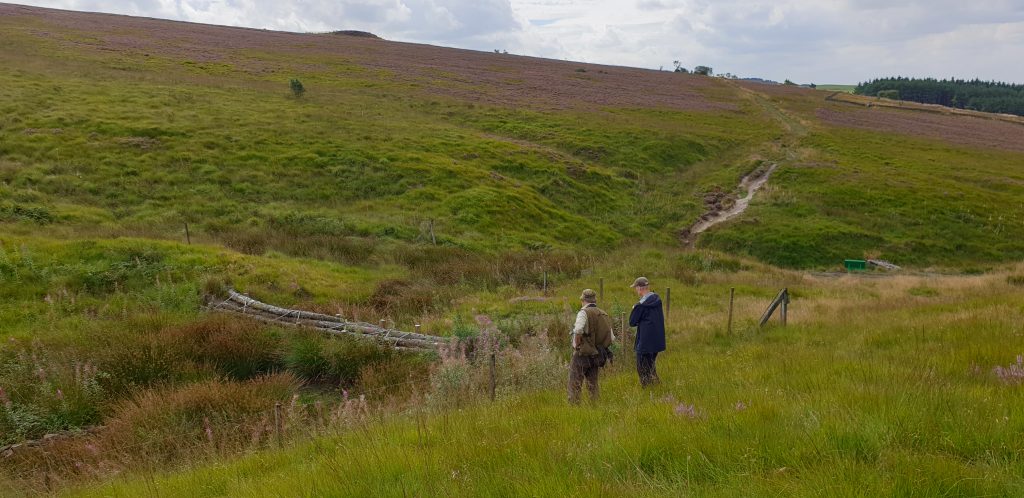Flood Games: co-producing a flooding coda with game developers and flooding decision makers
Our vision is for digital twins of flood-prone areas where risks can be identified and mitigated by authorities and communities can virtually experience and learn flood-response actions.

Flooding ranks as second-highest impact in 2020 National Risk Register with 5.2 million properties at risk in England and climate change predicting increase. Communities will experience more frequent and extreme weather events. However, less than a third ‘at-risk’ realise and even fewer take actions for flood resilience despite key objectives in flood management strategies. Building resilience of individuals, communities and places requires communication strategies to bridge the ‘value-action gap’ and align with UN’s Sustainable Development Goal 11.5.

Meanwhile 2 billion gamers worldwide engage in virtual risk-taking for entertainment. 3D digital gaming environments use sophisticated physics, particle systems and decision trees to simulate chaotic situations where players make rapid decisions/actions under pressure in collaboration with team mates. However, few games currently feature flood situations and existing ones do not accurately represent real-life flooding scenarios. Just two ‘game engines’ Unreal and Unity underpin the majority of games development, so enabling substantial influence over the production of flood-based decision-making tools and making flood gaming experiences more authentic.
The Flood Games Initiative (FGI) brings together flooding risk management and gaming experts to explore how game engines can provide authentic flood experiences that enable increased awareness and informed decision making in flooding scenarios. The FGI network includes innovation consultancy Visioning Lab, flood innovation consultancy Flood Skinner, game engine consultants Whiley&Co and Opposable Games, University of Manchester Centre for Crisis Studies and University of Leeds Flood Innovation Programme and contributors from Sweden, France, the Netherlands, Australia and China. Three North England case studies (Crompton Moor, Irwell Valley and North Yorkshire) provide a point of focus to ‘reality check’ the development process and provide demonstrator opportunities.
The FGI developed a draft flooding coda for 3D experience designers to easily incorporate flooding events into their virtual environments, supporting communication of real-life flood experiences and encouraging resilient behaviours. It also aims to explore related business development opportunities and international exploitation through the UK’s £38billion ‘experience’ sector including gaming companies, theme park designers, architects, cultural and immersive producers.
The flooding coda works as a package of rules and data about flooding for gaming / experience design companies to use in their development processes, rather than creating a specific game or flooding experience. It also situates Northern England’s diverse geography / climate conditions and its established networks of flood risk decision makers and communities as best practice demonstrators to support the export of flood game expertise internationally.
This project brings together two disparate sectors and explores how they can enrich each other – how the gaming industry can be enhanced through the use of authentic flooding data and how flooding experts could get access to sophisticated 3D modelling tools at considerably cheaper budgets. It also brings the built and natural environment sectors closer with the gaming industry and substantiates awareness of game engines and their potential for creating digital twins. Since there are many decision makers who do not understand metaverse environments and technologies, this project can demonstrate how and why virtual environments are useful.
To take part in this project, please get in touch with jessica[at] visioninglab.com
We are looking in particular for case studies – flood risk sites where we can build 3D digital models – and gaming company partners with Unity/Unreal/Frostbite/Blender experience.